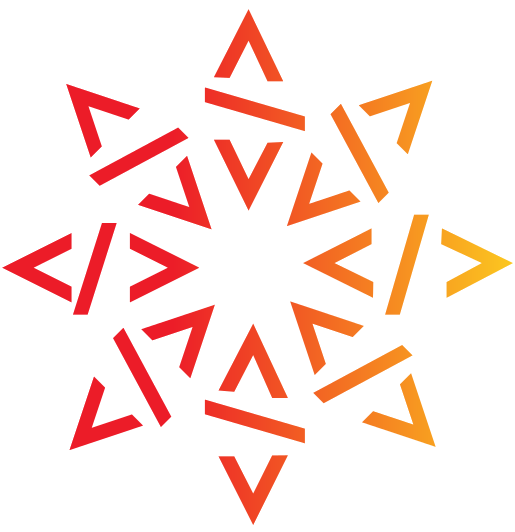All
Engineers
Fundraising
Interns
Legal advisors
Management
Partnerships
Postdoctoral researcher
Scientific advisors
Visiting Hackers
Visiting Scientists
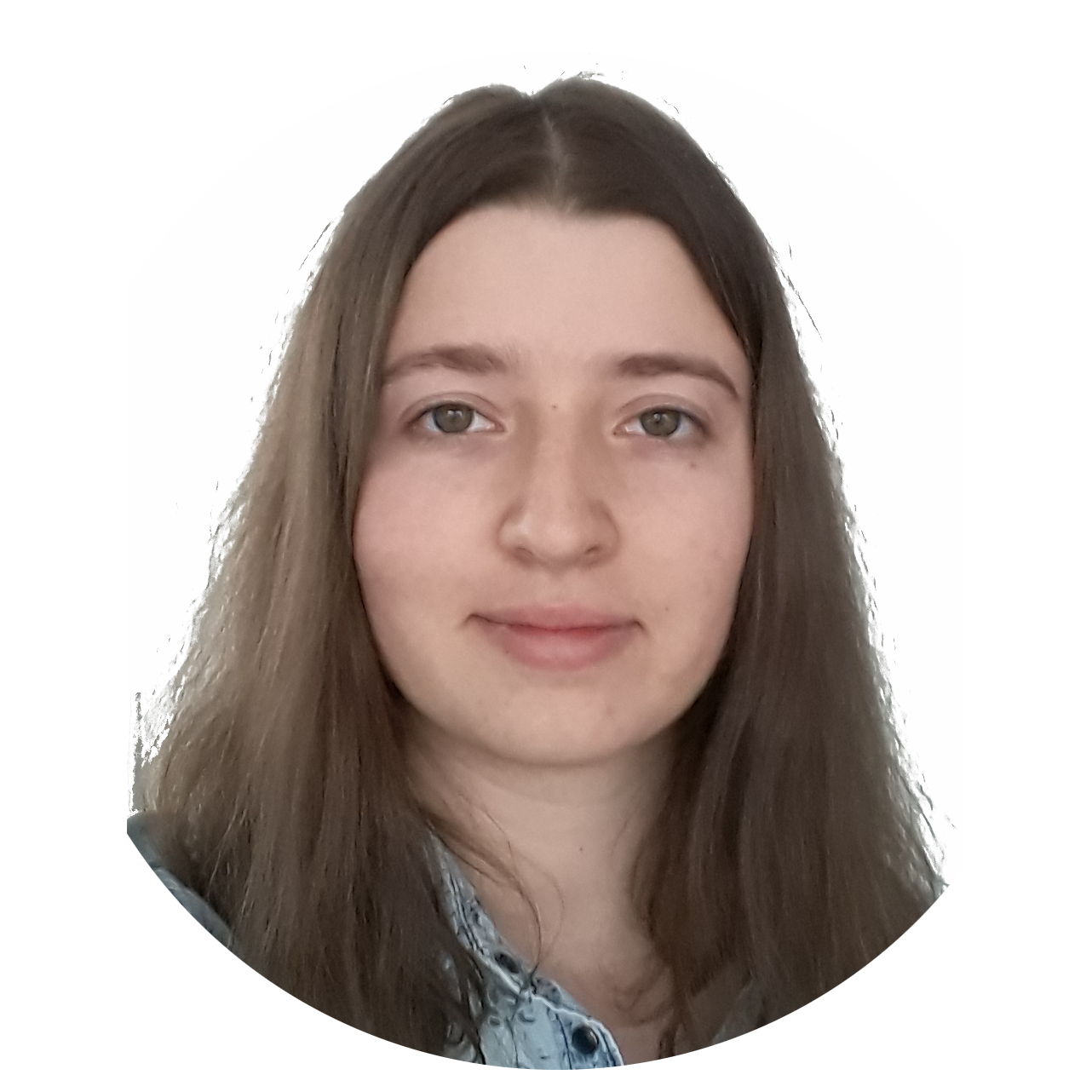
Adèle Desmazières
Interested in the scientific world and having a penchant for logic and
Read more
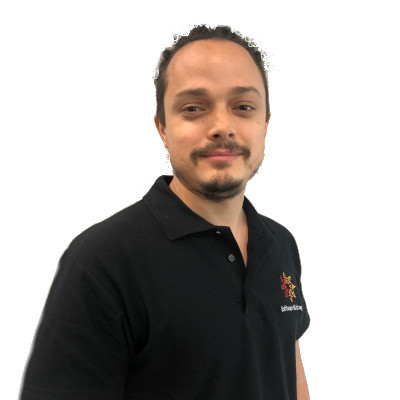
Andrés Viso
Andrés Viso studied Computer Science at the University of Buenos Aires and
Read more
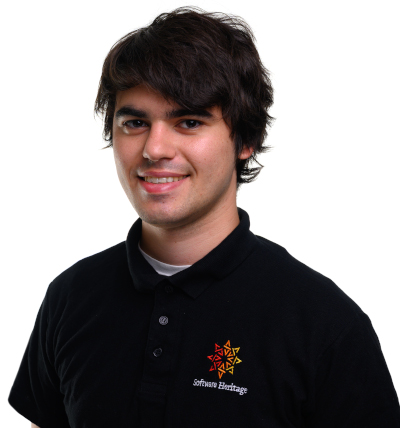
Antoine Pietri
Antoine joined Software Heritage in January 2017 as a software engineer, to
Read more
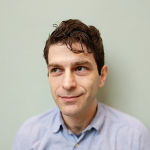
Avi Kelman
Avi is a wandering underwater roboticist by day and a Free Software,
Read more
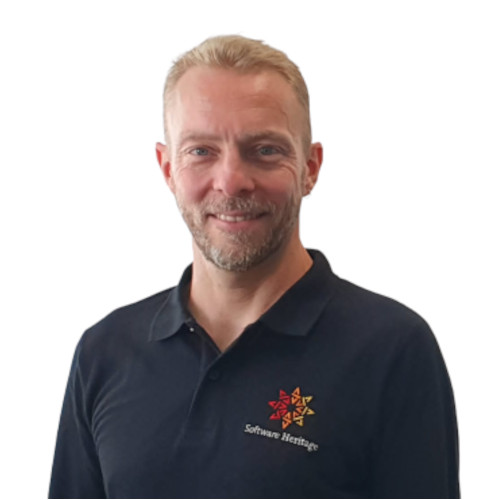
Benoît Chauvet
Project Manager
Benoît joined Software Heritage in march 2022 as a software engineering manager.
Read more
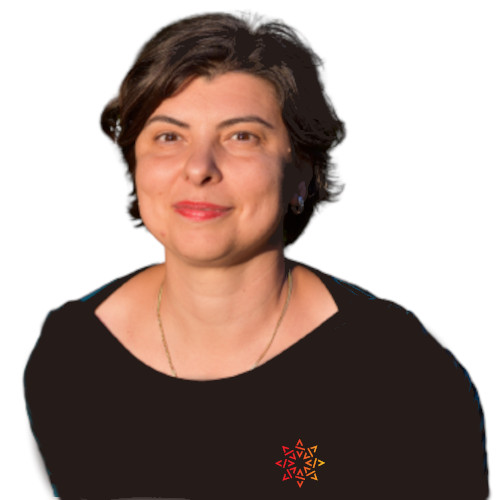
Elisabetta Mori
Elisabetta Mori holds a Ph.D in History and Philosophy of Computing at
Read more

François Tigeot
François is an Entrepreneur and System Engineer. He loves working with Free
Read more
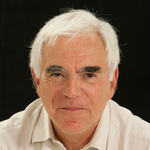
Gérard Berry
French Academy of Science
A graduate of the Ecole Polytechnique and the Ecole des Mines, he
Read more
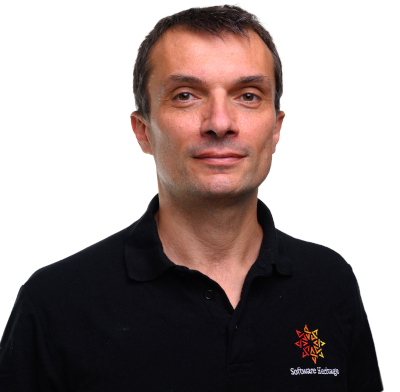
Guillaume Rousseau
Guillaume holds a Ph.D in Astrophysics and Space Technologies from University Paris
Read more
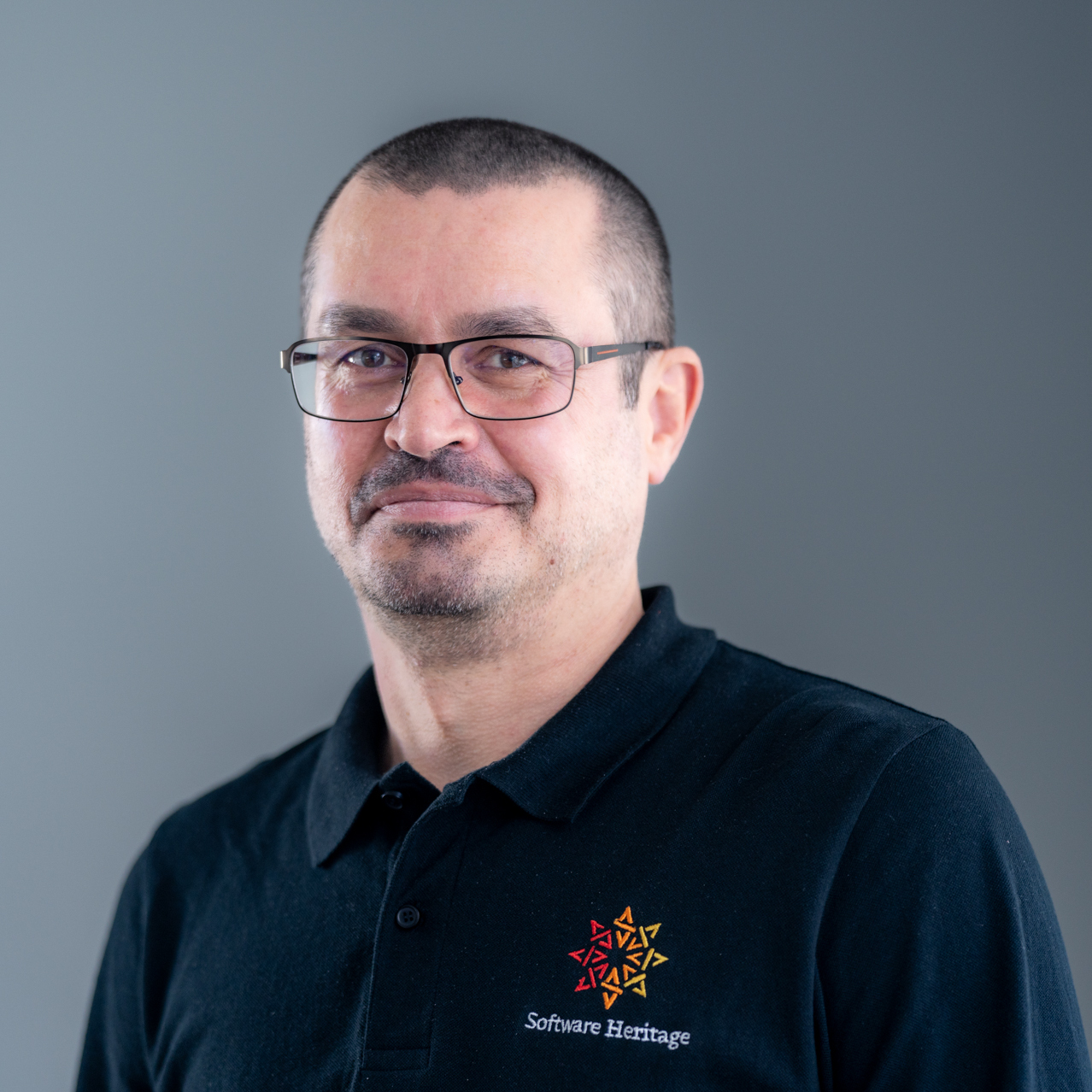
Guillaume Samson
Guillaume joined the Software Heritage team in March 2023 as a system
Read more
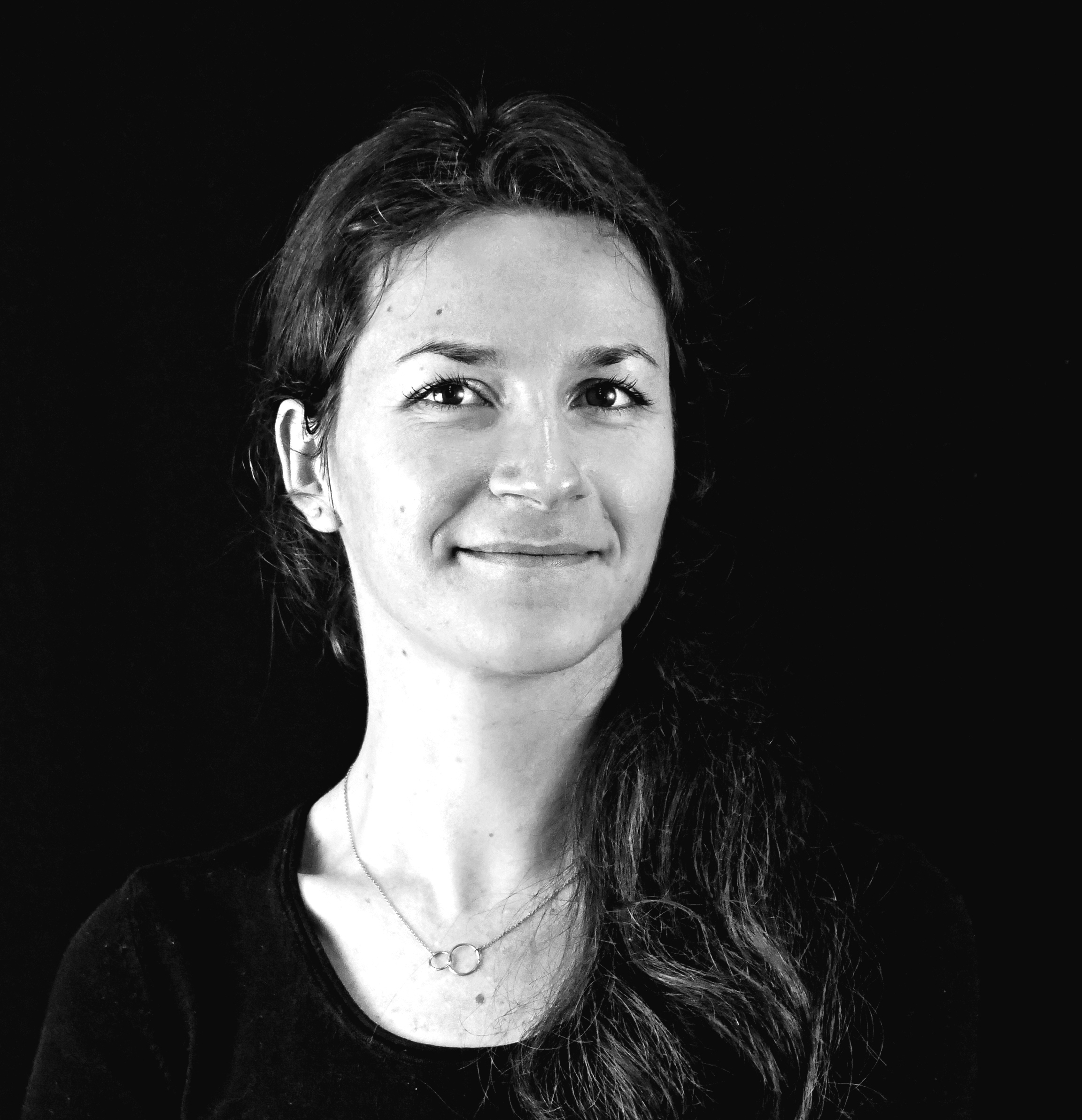
Hélène Jonin
Hélène is a software developer. Wanting to give more meaning to her
Read more
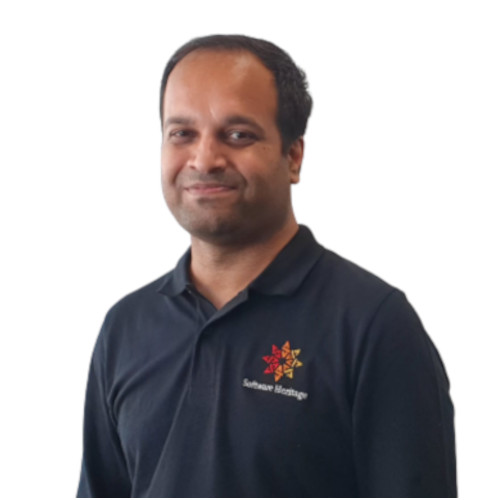
Jayesh Velayudhan
Jayesh joined Software Heritage as a software engineer in May 2021. Prior
Read more
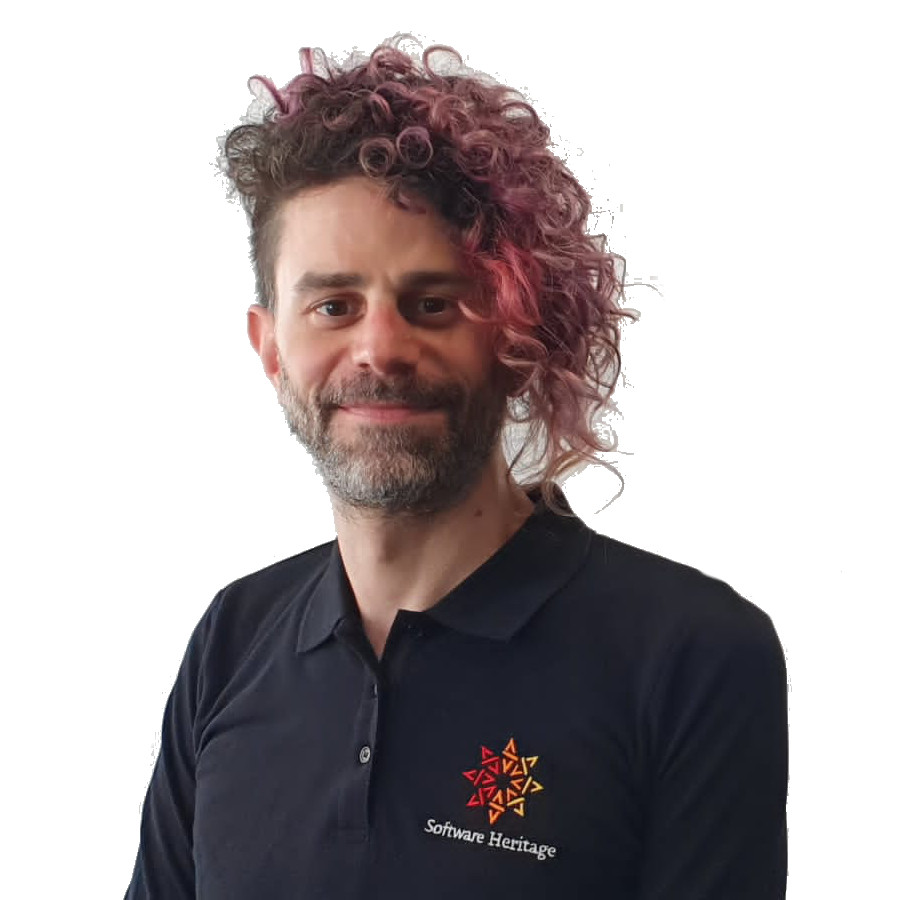
Jérémy Bobbio
Lunar
Lunar learnt his alphabet on a family computer hooked to a television
Read more
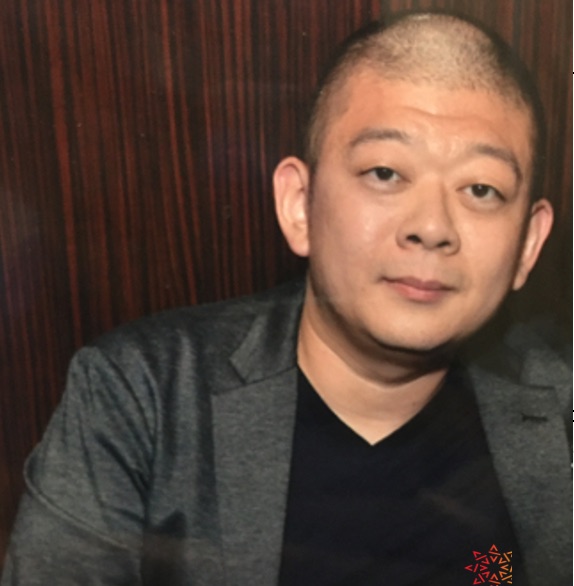
John Hsieh
John joined Software Heritage in 2021. Directly prior, he served as Deputy
Read more
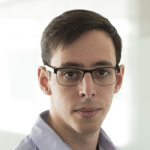
Jordi Bertran de Balanda
Jordi joined the Software Heritage team as an intern in 2016, while
Read more
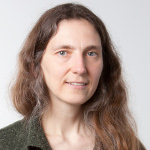
Julia Lawall
Inria
Julia Lawall has been a senior scientist at Inria since 2011, and
Read more
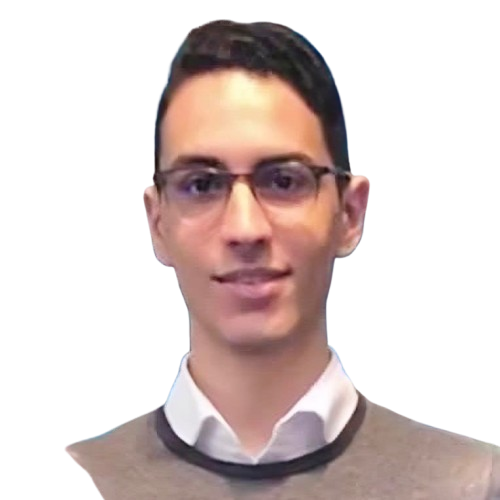
Karim Ourdedine
CRM Marketing
Karim combines his Master’s in Digital Technologies from Université Paris 8 with
Read more
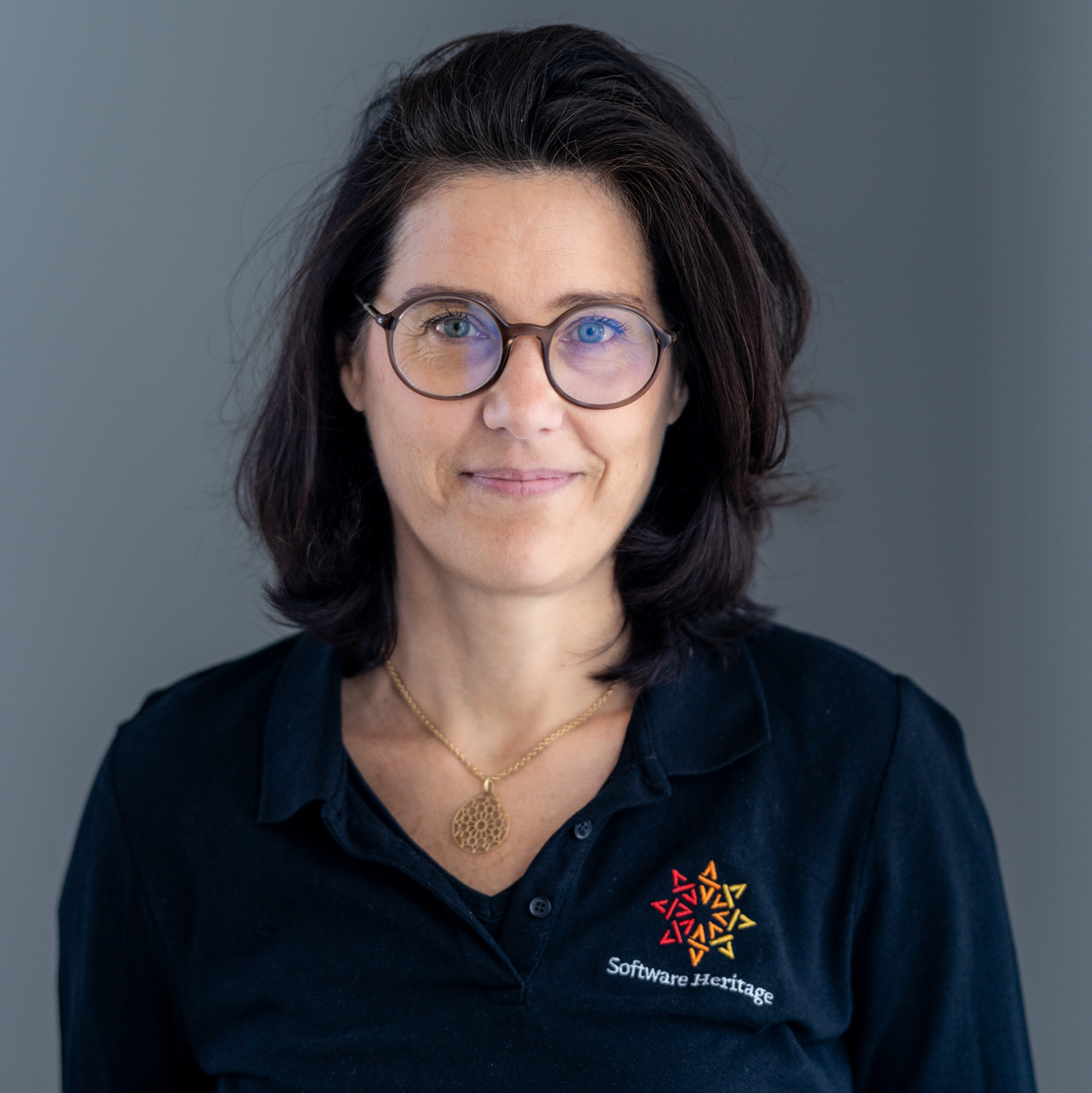
Laetitia Cruse
CFO
Graduated with a Bachelor and a Master degree in Finance from the University
Read more
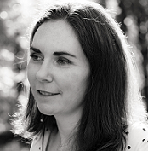
Magali Fitzgibbon
Magali Fitzgibbon is an intellectual property lawyer specialized in Software, curious about
Read more
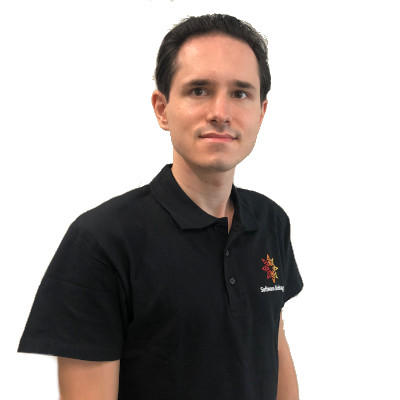
Nicolas Gattolin
Nicolas Gattolin is a computer science engineer specialized in information security, with
Read more
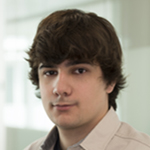
Quentin Campos
Quentin joined the Software Heritage team in 2016 for his graduation internship,
Read more
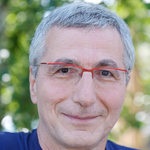
Serge Abiteboul
French Academy of Science
Serge Abiteboul obtained his Ph.D. from the University of Southern California, and
Read more
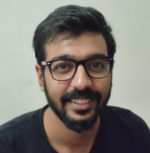
Sushant Mukhija
Sushant joined the Software Heritage team as an intern in 2017 while
Read more
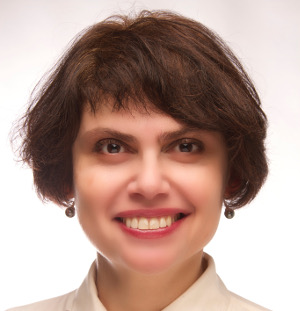
Tanya Perelmuter
Tanya Perelmuter is an expert at building partnerships around data and digital
Read more
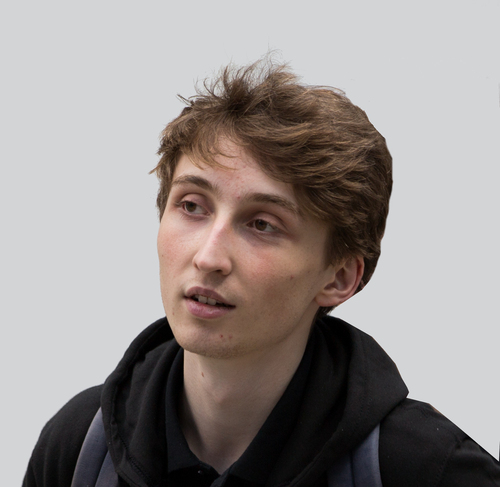
Thibault Allançon
Thibault first contributed to Software Heritage in 2019 during the Google Summer
Read more
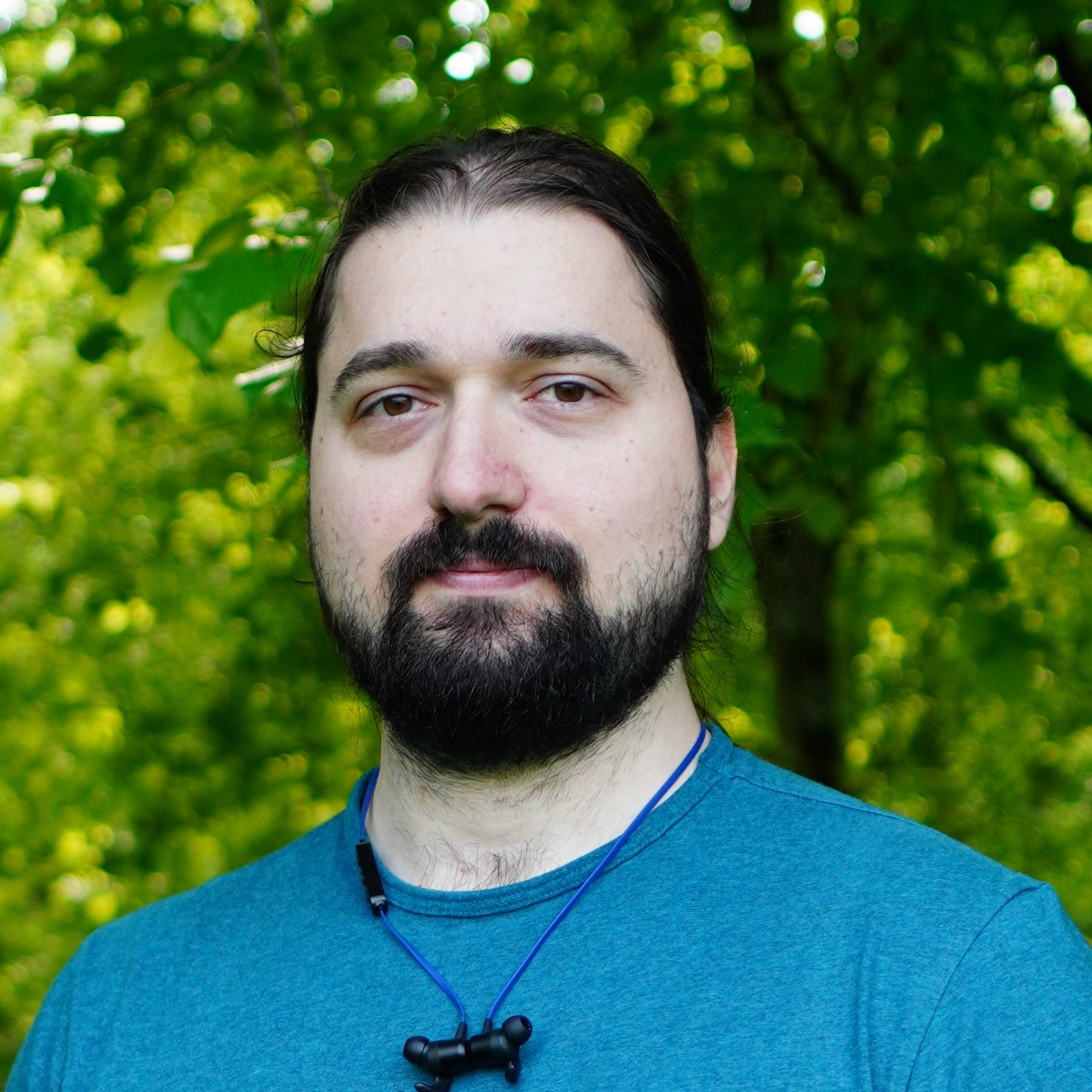
Tommaso Fontana
Tommaso is one of the two authors of the GRAPE library for
Read more
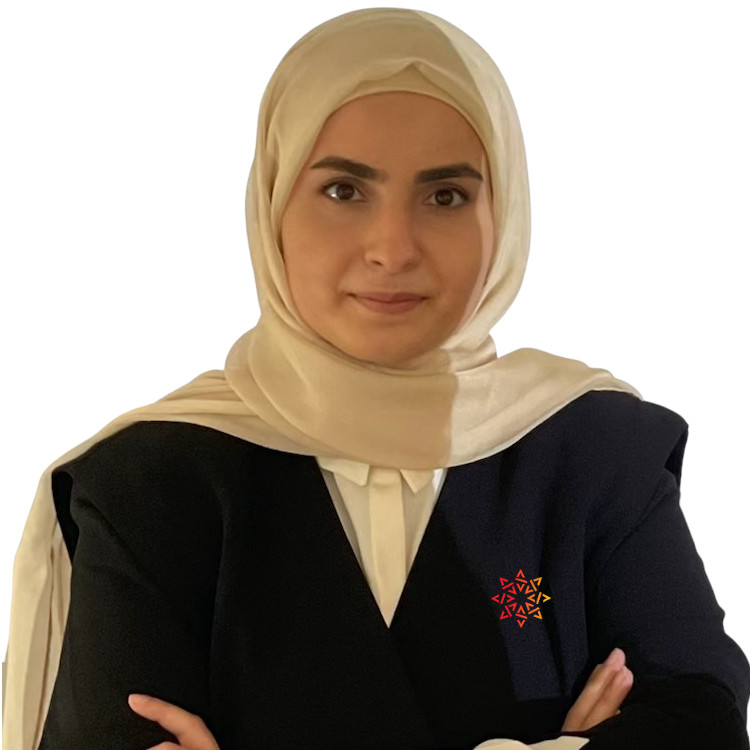
Zeinab Abou Khalil
Zeinab holds a PhD in Computer Science from the University of Lille,
Read more
